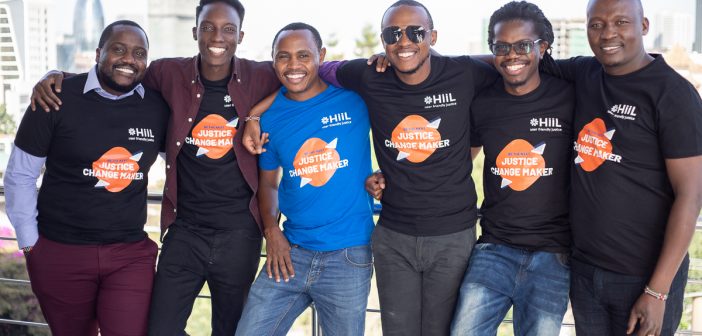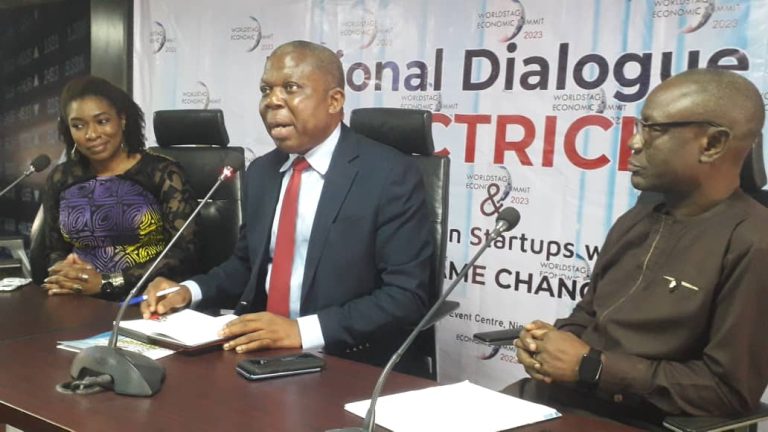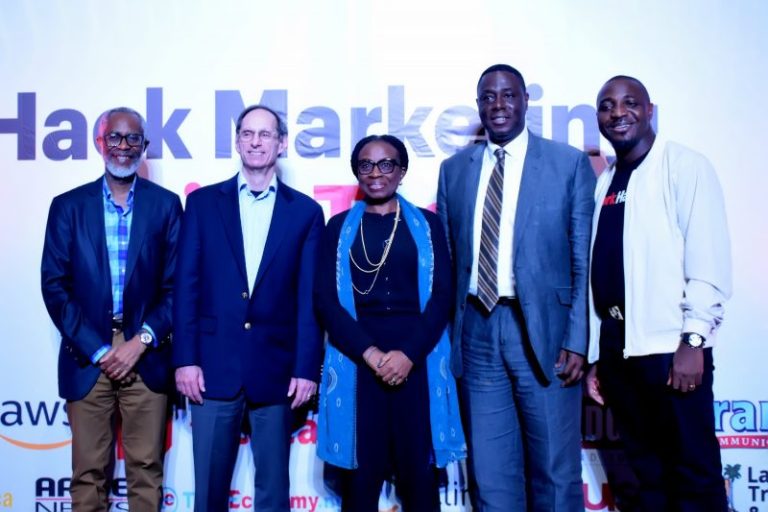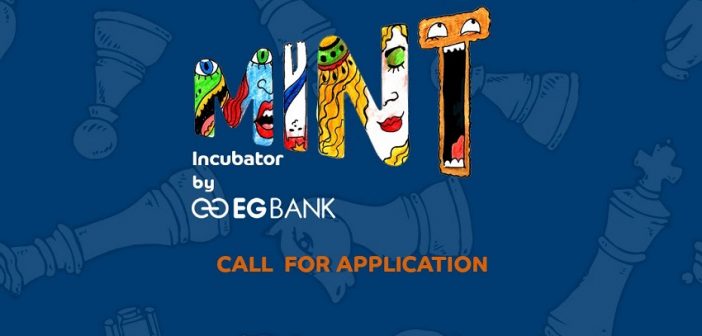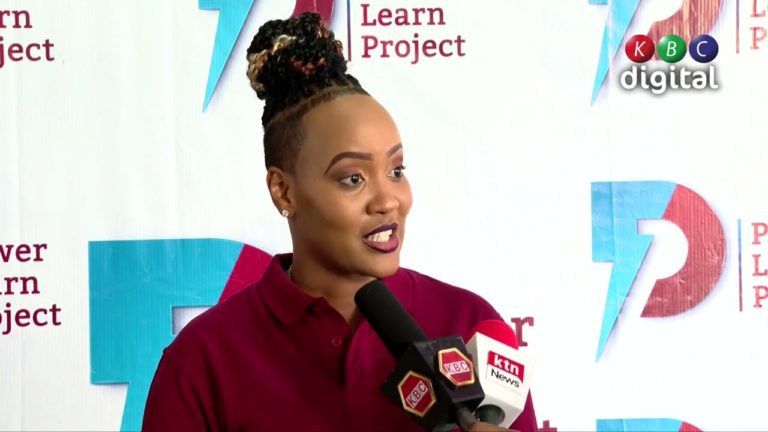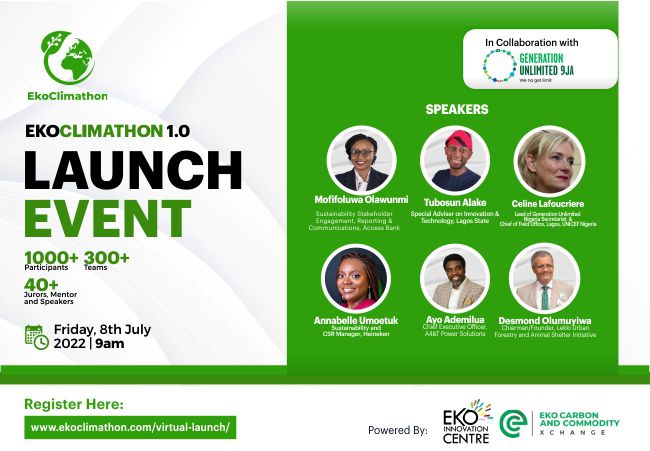10 Sustainability Startups Join the Ecosystem Restoration Africa Programme

The Innovation for Ecosystem Restoration Africa 2023 program, which seeks to support businesspeople promoting ecosystem restoration by addressing deforestation, land degradation, water scarcity, loss of biodiversity, and unfavorable climate change, has chosen ten African sustainability startups to participate.
The Innovation for Ecosystem Restoration Africa 2023 initiative, which is run by Village Capital with assistance from the Moody’s Foundation, attracted applicants from 22 different African nations. The final cohort included 10 firms from Kenya, Nigeria, Sierra Leone, South Africa, Uganda, and Zambia.
As the entrepreneurs get ready to scale up, Village Capital will offer professional training sessions that will help them enhance their sustainability solutions, increase their investment readiness, and gain access to the organization’s extensive network of investors.
Three of the chosen startups are based in Kenya: Inno-Neat Energy Solutions, which offers clean energy off-grid solutions; Octavia Carbon, which develops Direct Air Capture (DAC) technology to stop global warming and put an end to the fossil fuel era; and Organic Fields, which collects biodegradable food waste and turns it into an organic fertilizer through controlled composting.
In the form of Akatale On Cloud, which uses Black Soldier Fly (BSF) larvae to transform fruits, vegetables, and meat waste into animal feed and organic fertilizer, and Hydroponics Gardens Masaka, which creates hydroponic gardens for women and smallholder farmers in urban and rural Uganda, Uganda has two representatives.
Two startups from Nigeria are also included in the cohort: Integrated Aerial Precision, a company that provides agricultural drone technology and data analytics services, and D-Olivette Enterprise, a company that designs and sells biodigesters known as Bio-tanks that produce biogas, fertilizer, and animal feed for smallholder farmers and agrarian communities.
Other organizations chosen include Sierra Leone’s Women in Energy, which empowers women, girls, and youth to manufacture smart green stoves and green briquettes from recycled agricultural waste, Zambia’s Fourth Line, which enables smallholder farmers to produce honey and value-added products as a sustainable source of social and economic livelihood, South Africa’s Spek Tech, a digital platform that connects online consumers and businesses to carbon markets, and Zambia’s Fourth Line.
The chosen firms will take part in online capacity-development sessions from August through September 2023. The course material focuses on assisting students in building the networks and resources they need to expand their enterprises and better assist sub-Saharan African entrepreneurs.
All entrepreneurs who apply to the program will receive an invitation to join Abaca, a worldwide online network run by Village Capital. The platform Abaca is used by incubators, accelerators, and organizations that support entrepreneurs to gauge the development of firms even at its earliest and most abstract stages.


